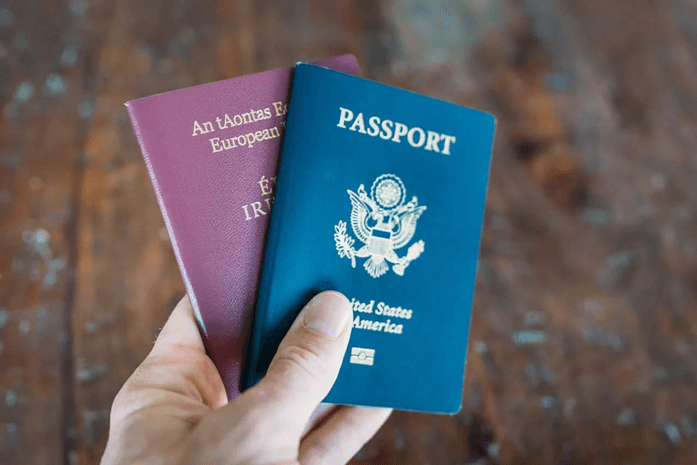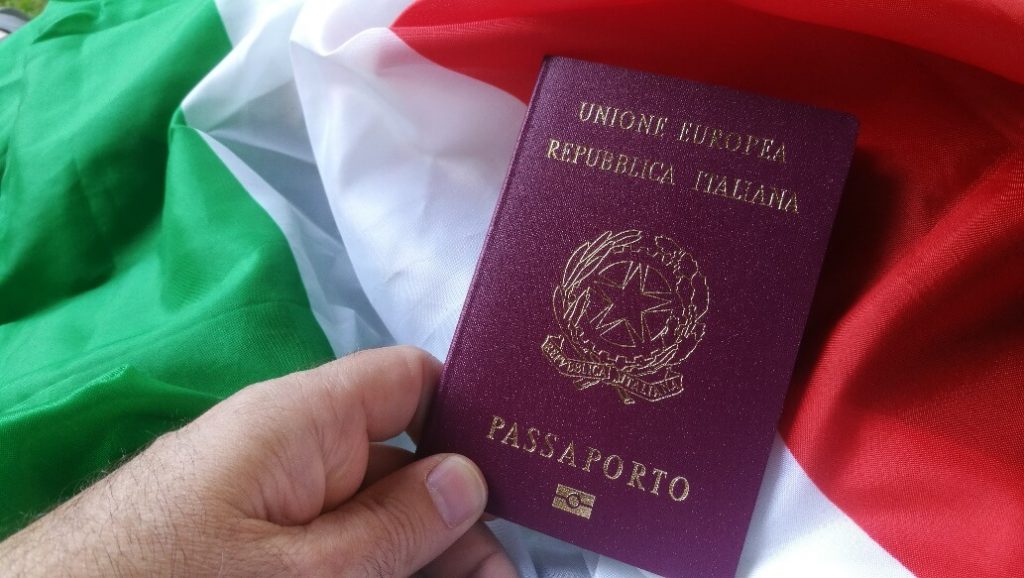Obtaining citizenship by naturalization in Italy is a process through which foreign nationals can become Italian citizens after fulfilling specific residency and legal requirements. This guide provides a detailed overview of the steps and conditions involved in achieving Italian citizenship through naturalization.
Process of Obtaining Dual Citizenship in Italy
To apply for citizenship by naturalization in Italy, applicants must meet the following criteria:
Residency Requirements:
- Non-EU citizens must have lawfully resided in Italy for at least ten years.
- EU citizens are required to have resided in Italy for at least four years.
- Stateless persons or refugees must have resided in Italy for at least five years.
- Individuals with Italian ancestors or those born in Italy can apply after three years of residency.
- Applicants adopted by an Italian citizen can apply after five years of residency.
Income Requirements: Applicants must demonstrate a sufficient income over the three years preceding the application. The minimum income required is €8,263.31 for individuals, with an additional €516.00 for each dependent.
Clean Criminal Record: A clean criminal record in both Italy and any previous countries of residence is mandatory.
Language Proficiency: Proficiency in the Italian language, at least at the B1 level of the Common European Framework of Reference for Languages (CEFR), is required. This can be demonstrated through various certifications or educational qualifications.
Detailed Application Process
- Document Preparation: Collect and prepare the necessary documents, including proof of residency, income statements, criminal record certificates, and language proficiency certificates. Residency documents might include rental agreements, utility bills, and residency permits. Income statements could encompass tax returns, employment contracts, or proof of pension.
- Submission: The application for naturalization must be submitted to the Prefettura (local government office) in the province where the applicant resides. The application is then forwarded to the President of the Republic for approval. It is crucial to ensure all documents are complete and accurate to avoid delays.
- Review and Decision: The application is thoroughly reviewed by various government departments. The review process includes background checks and verification of all submitted documents. The decision-making process can take several months to a few years, depending on the case complexity and workload of the reviewing offices.
- Oath of Allegiance: Once approved, the applicant must take an oath of allegiance to the Italian Republic. This ceremony is a formal requirement and signifies the applicant’s commitment to the laws and values of Italy. After taking the oath, the applicant receives their certificate of citizenship, officially becoming an Italian citizen.
Special Considerations
- The ten-year residency requirement can be reduced under certain conditions:
- Three years for those with Italian ancestry or those born in Italy.
- Four years for EU nationals.
- Five years for stateless persons, refugees, or individuals adopted by Italian citizens.
- No residency requirement for those who have worked for the Italian government abroad for at least five years.
For example, an individual of Italian descent, who can prove their lineage through birth certificates and other official documents, may apply after three years of residency in Italy. Similarly, EU nationals benefit from a reduced residency period, reflecting the closer integration within the European Union.

Italy allows for dual citizenship, meaning applicants do not have to renounce their original citizenship. This is particularly advantageous as it enables individuals to retain their rights and privileges in their country of origin while enjoying the benefits of Italian citizenship. However, it is essential to verify if the applicant’s home country permits dual citizenship, as some countries may require renunciation of the original nationality.
Dual citizenship offers numerous benefits, including the right to travel, live, and work within the European Union. Additionally, dual citizens can access healthcare, education, and social services in both countries. This status also provides greater flexibility for business and personal travel.
Additional Benefits and Obligations
Becoming an Italian citizen through naturalization not only grants you the right to live and work in Italy but also comes with various other benefits and responsibilities:
Voting Rights: As an Italian citizen, you gain the right to vote in local, national, and European Union elections. This allows you to participate in shaping the political landscape of both Italy and the EU.
Access to Education and Healthcare: Italian citizens have access to the public healthcare system, known as the Servizio Sanitario Nazionale (SSN), which provides comprehensive medical care. Additionally, Italian citizens can benefit from reduced tuition fees at public universities.
Social Security and Welfare Benefits: Citizenship grants eligibility for various social security benefits, including pensions, unemployment benefits, and family allowances. These benefits provide financial security and support during different stages of life.
Travel and Mobility: Italian citizens enjoy the freedom to travel, live, and work in any of the EU member states without the need for visas or work permits. This mobility is particularly valuable for those seeking opportunities across Europe.
Ending Notes
Obtaining Italian citizenship by naturalization is a detailed and regulated process requiring adherence to residency, income, language proficiency, and legal standards. While the path to citizenship may be complex, the benefits, including the right to live, work, and study in Italy and the broader European Union, make the effort worthwhile. Engaging with legal professionals or specialized agencies can provide valuable assistance in navigating the application process and ensuring all requirements are satisfactorily met.
By understanding and fulfilling the necessary conditions, foreign nationals can successfully transition to becoming Italian citizens, enjoying the rich cultural heritage and opportunities that Italy offers.
Moreover, the process of naturalization in Italy emphasizes integration and commitment to the country’s values and laws. It is an opportunity for individuals to fully immerse themselves in Italian society, contributing to its diversity and vibrancy.



